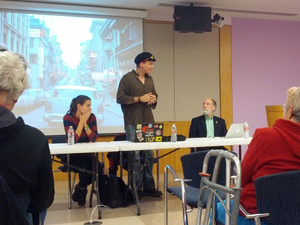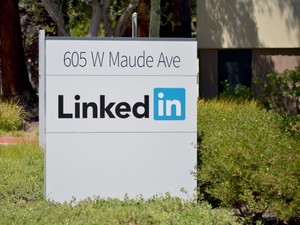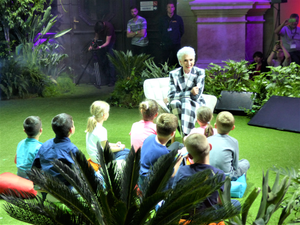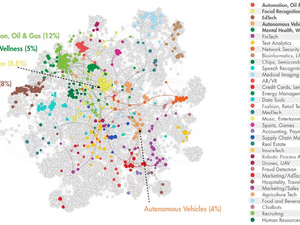Tech Bros, AI Nerds, and a Sexual Predator Walk Into a Symposium...
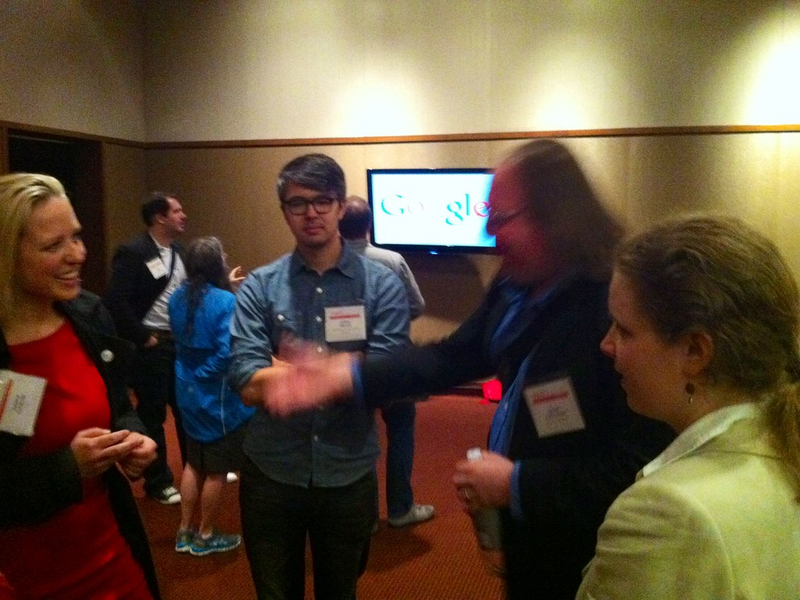
Photo by Daniel-Latorre | License
In the early 2000s, a gathering of tech’s brightest minds took an unexpected and dark turn when Jeffrey Epstein decided to play science sugar daddy.
The St. Thomas Common Sense Symposium wasn’t just another nerdy conference – it was a bizarre intersection of artificial intelligence research and a serial sexual predator’s quest for intellectual clout. Picture this: AI pioneers like Marvin Minsky and his proteges huddled in the Virgin Islands, funded by a man whose primary expertise was manipulation, not machine learning.
The Creepy Catalyst
Epstein’s fascination with science wasn’t about genuine curiosity, but about buying his way into elite intellectual circles. His strategy? Throw money at prestigious researchers and hope respectability would shield his horrific crimes. The symposium itself was a microcosm of this toxic dynamic – scientists discussing humanlike AI while literally sitting on an island owned by a monster.
The AI Dream
Interestingly, the symposium inadvertently predicted today’s generative AI landscape. Participants speculated about AI systems that could engage in conversational problem-solving – essentially describing ChatGPT before it existed. The irony? This vision emerged from a gathering sponsored by a man who saw humans as disposable objects.
The Lasting Impact
Ultimately, Epstein’s scientific “contributions” were nothing more than a veneer of legitimacy. While he tried purchasing intellectual credibility, the real AI revolution was happening elsewhere – specifically at the University of Toronto, where Geoffrey Hinton was developing deep learning techniques that would transform technology.
The symposium serves as a haunting reminder: sometimes the most dangerous predators wear the most respectable masks.
AUTHOR: mls
SOURCE: Wired









